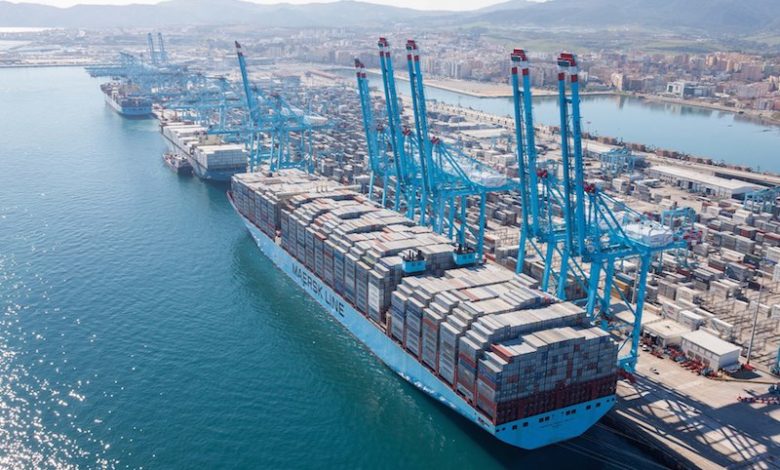Maersk and IBM fold TradeLens

Maersk and IBM have announced they will discontinue their work on their TradeLens blockchain platform, citing a lack of industry willingness to participate. The platform, under development since 2018, will go offline by the end of Q1 next year.
“TradeLens was founded on the bold vision to make a leap in global supply chain digitisation as an open and neutral industry platform. Unfortunately, while we successfully developed a viable platform, the need for full global industry collaboration has not been achieved. As a result, TradeLens has not reached the level of commercial viability necessary to continue work and meet the financial expectations as an independent business,” commented Rotem Hershko, Maersk’s head of business platforms.
Describing TradeLens as a child born out of the blockchain hype four years ago, Lars Jensen, a former Maersk employee who now runs liner consultancy Vespucci Maritime, argued via LinkedIn that blockchain still has some use in shipping.
“[I]t is an indication that it is commercial usage which determines the fate of new technological initiatives and not the sophistication of the technology employed,” Jensen suggested.
Hong Kong-incorporated technology consortium Global Shipping Business Network (GSBN) has been TradeLens’s main rival to date. GSBN was jointly established by major shipping lines and terminal operators, including Cosco Shipping Lines, Cosco Shipping Ports, Hapag-Lloyd, Hutchison Ports, OOCL, SPG Qingdao Port, PSA International and Shanghai International Port Group.
Bertrand Chan, CEO of GSBN, commented today: “At GSBN, we are focused in our mission driving the digital transformation of global trade and are fully committed to supporting stakeholders across the industry throughout this journey. We continue to closely follow the industry’s latest developments.”
